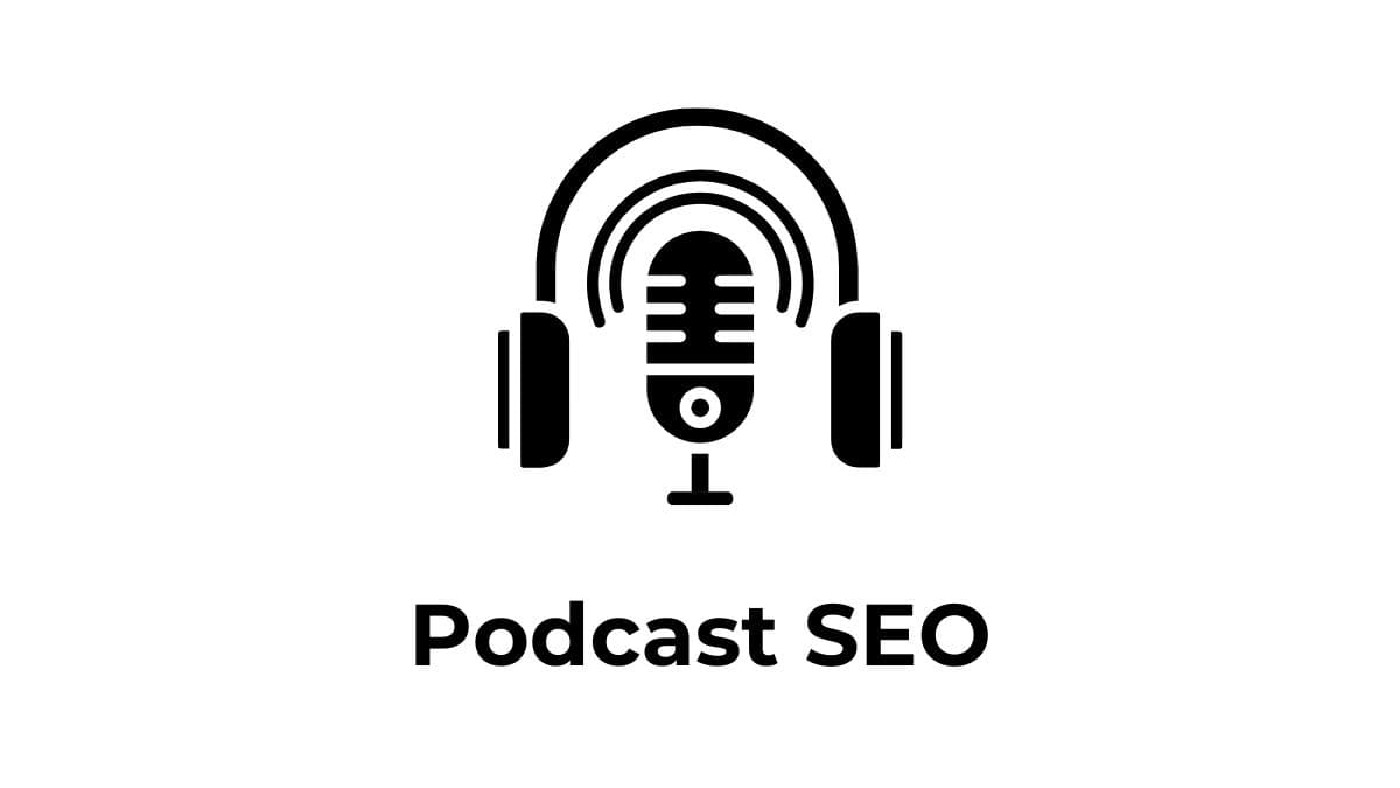Podcasting SEO Strategies
Podcasting has emerged as a popular medium for sharing stories, ideas, and expertise with audiences around the world. However, with millions of podcasts available, standing out from the crowd and attracting listeners can be a challenge. This is where search engine optimization (SEO) comes into play. In this guide, we’ll explore how podcasting SEO strategies intersect, and how you can leverage SEO techniques to increase the visibility and discoverability of your podcast.
Podcast SEO Optimization
The Podcast SEO process involves optimizing your content to rank higher in search engine results pages (SERPs) and attract organic traffic. While podcasts are primarily audio-based content, there are still several ways to optimize them for search engines, ensuring they’re more easily discoverable by potential listeners.
- Podcast Content Creation Strategies: Creating a podcast content creation strategy : is essential for SEO success. Focus on producing well-researched, informative, and entertaining episodes that provide value to your audience. The longer listeners engage with your content, the better it signals to search engines that your podcast is valuable and relevant.
- Promote Your Podcast: Promoting your podcast across various channels, including social media, your website, and email newsletters, can help increase its visibility and attract new listeners. Share your episodes regularly, encourage listeners to subscribe and share with their networks, and leverage promotional tactics like guest appearances, collaborations, and cross-promotions with other podcasters.
- Encourage Reviews and Ratings: Positive reviews and ratings can boost your podcast’s credibility and visibility in search results. Encourage your listeners to leave reviews and ratings on podcast platforms, as this signals to search engines that your podcast is popular and well-received by listeners. Respond to reviews and engage with your audience to foster a sense of community and loyalty.
Podcasting SEO Strategies
Starting SEO for your podcast is essential to enhance its visibility and attract a broader audience. To begin with, focus on optimizing your podcast’s metadata, including titles, descriptions, and episode notes, by incorporating relevant keywords. For instance, if you’re creating content around the topic “how to launch a podcast,” ensure this phrase is naturally included in your podcast title, episode titles, and descriptions. An example might be titling an episode “Expert Tips on How to Launch a Podcast Successfully.”
Keyword Research for Podcasts
Identifying the right keywords is crucial for reaching your audience. Tools like Ahrefs, SEMrush, and Google Keyword Planner help you uncover popular terms related to your podcast topic. Focus on niche-specific keywords with moderate competition and decent search volume to maximize visibility and relevance.
Gain a competitive edge by analyzing the keywords your competitors rank for. Tools like Ahrefs allow you to spot gaps and uncover underutilized opportunities. Use these insights to refine your keyword strategy and target areas where your content can stand out.
Effective keyword use extends beyond finding them; integration is key. Naturally incorporate keywords into episode titles, descriptions, show notes, and even the spoken content of your podcast. Avoid overstuffing keywords—maintain a balance between SEO optimization and audience engagement.
SEO is an ongoing process. Regularly review your keyword performance using tools like Google Analytics and Ahrefs. Identify which terms drive traffic and refine your strategy by focusing on effective keywords while phasing out underperforming ones. Adaptation is essential to maintaining a strong SEO presence.
Optimize Podcast Descriptions
An engaging and well-optimized podcast description is crucial for attracting listeners and improving SEO. Your description should provide a clear overview of the episode, highlighting key points, special segments, or guest appearances. Make it enticing to encourage listeners to tune in.
Integrating keywords naturally into your descriptions is essential for SEO success. Use both primary and secondary keywords seamlessly, ensuring the language remains informative and engaging rather than a list of terms. Aim for a description length of 150-300 words—enough to convey important details and keywords without overwhelming your audience.
Regularly updating your descriptions keeps them relevant and aligned with current trends or updated episode content, which can improve your podcast’s visibility. Tools like Yoast SEO and Grammarly can assist in crafting high-quality descriptions, helping you maintain readability, effective keyword usage, and optimal SEO performance.### Enhancing Show Notes for SEO
Show notes serve as an extension of your podcast description, offering detailed insights into each episode. They provide listeners with additional context, resources, and links, making your content more engaging and valuable. Well-written show notes also enhance your podcast’s discoverability.
Incorporating relevant keywords strategically within your show notes is essential for SEO. Keywords help search engines understand your content and improve your chances of ranking higher for related searches. Aim for show notes that are 300-500 words long, as this length strikes a balance between detail and readability.
Including links to resources mentioned in your episodes adds value for listeners while boosting SEO through internal and external linking. To maintain consistency, consider using a show notes template. A standardized format ensures your notes are clear and professional, helping your audience know what to expect and streamlining your workflow.
Crafting SEO-Friendly Podcast Titles
Creating effective podcast titles is a key element of SEO and audience engagement. A great title grabs attention while improving your search rankings. Focus on clarity and relevance by incorporating keywords naturally into titles that accurately reflect your episode content. Keep titles concise, ideally 60-70 characters, to ensure they display properly in search results. Using numbers, lists, or trending topics can make your titles more eye-catching and relatable.
Avoid misleading clickbait titles, as they can harm your credibility if the content doesn’t deliver on the promise. To refine your approach, consider A/B testing different title formats to determine what resonates most with your audience. By crafting honest, engaging, and optimized titles, you can attract more listeners and enhance your podcast’s visibility.
Leveraging Podcast Transcriptions
Transcribing your podcast provides numerous benefits, both for accessibility and SEO. It makes your content accessible to deaf or hard-of-hearing listeners and provides valuable text for search engines to index, enhancing your online visibility.
There are several methods to transcribe your podcast. Manual transcription offers greater accuracy, but automated tools like Rev, Otter.ai, and Descript save time and simplify the process. Regardless of the method, ensure your transcriptions are polished and professional.
From an SEO perspective, transcriptions are a goldmine. Publishing them on your website creates additional content that helps your podcast rank for more keywords and attract organic traffic. Accurate, reader-friendly transcriptions with timestamps and speaker labels enhance user experience.
Integrate transcriptions into your broader content strategy by repurposing them into blog posts, social media updates, or newsletters. This approach maximizes your podcast’s reach while boosting SEO perfo
Optimizing Your Podcast Website
Optimizing your podcast website for SEO is essential for attracting and engaging listeners. Start by designing a user-friendly website with easy navigation and clear calls to action, such as subscribing to your podcast or joining your email list. A seamless user experience encourages visitors to stay longer and take meaningful actions.
Leverage SEO tools like Yoast SEO, All in One SEO Pack, and Google Analytics to monitor and enhance your website’s performance. These tools help identify optimization issues and track key metrics to refine your strategies.
Organize your episodes with an archive page, categorizing content by topic or date. This not only improves usability for visitors but also boosts your website’s SEO by structuring content logically.
Enhance your SEO further with internal linking. Link related episodes and blog posts within show notes and episode pages to help search engines understand your website’s structure.
Finally, focus on website load speed. Use tools like Google PageSpeed Insights to identify slow-loading elements. Optimize images, utilize a content delivery network (CDN), and reduce heavy scripts to improve performance and provide a faster browsing experience.
In Sum
In conclusion, mastering podcasting SEO strategies is essential for expanding your reach and attracting a dedicated audience. By optimizing your podcast titles, descriptions, and transcripts with relevant keywords, you ensure that your content is discoverable by search engines and potential listeners alike. Remember, consistency in publishing and promoting your episodes across various platforms will significantly boost your visibility.
On a personal note, investing in effective podcasting equipment has been a game-changer in my podcasting journey. High-quality microphones, soundproofing materials, and reliable editing software not only enhance the audio experience for your listeners but also streamline your production process. The clarity and professionalism of your sound can set you apart from countless other podcasts, leaving a lasting impression on your audience. So, prioritize your equipment as much as your content and SEO efforts. The combination of top-notch audio quality and strategic SEO will undoubtedly elevate your podcast to new heights.
Releted Posts
How Much Do Uber Drivers Make
Uber has ignited a revolution in the gig economy, empowering countless individuals with the promise of flexibility and a reliable income. This platform provides drivers with ample opportunities to work on their own terms.
Read moreHow to Deliver for Instacart
People are increasingly choosing to deliver for Instacart not just for economic or personal reasons but for the flexibility, autonomy, and convenience it offers. Unlike traditional jobs with fixed hours, Instacart allows individuals to create their own schedules, making it easier to balance responsibilities like caregiving, education, or side projects.
Read moreBest Matched Betting Sites
Matched betting has gained significant traction as a popular method for turning bookmaker promotions into profit. By leveraging offers like deposit matches, free bets, and odds boosts, bettors can achieve consistent gains without the usual risks associated with gambling.
Read more


